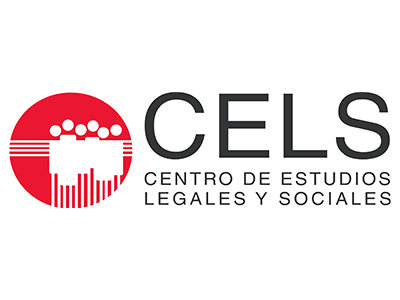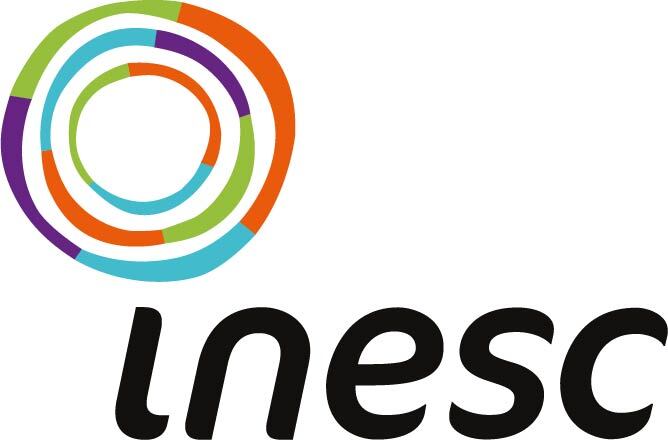
About The initiative
The Initiative for Human Rights Principles in Fiscal Policy seeks to develop and promote a compendium of principles and guidelines that summarize the human rights standards applicable to fiscal policy.
The compendium translates general human rights guidelines into more concrete guidelines that are easy to implement, based on rigorous analysis from different sources. In addition to generating such a Document, the project aims to encourage the use and implementation of The Principles and Guidelines by regional, national and local actors.
About Us
The Project
History
Team
Data
- 10 experts
- Gender diversity
- Interdisciplinary Committee
- 7 civil society organizations
- 5 face-to-face public consultations
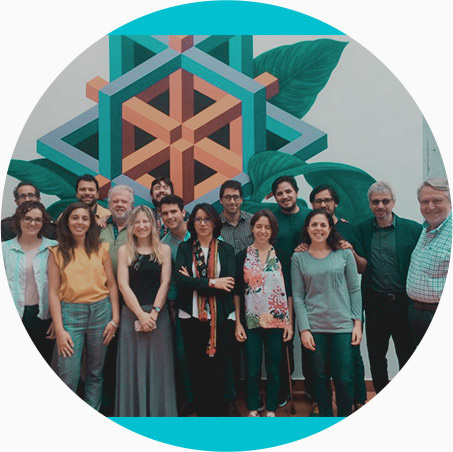
The initiative is a project focused on Latin America and the Caribbean, organized in an open, collaborative, interdisciplinary, and diverse way in terms of gender and regional.
About Project
• A Committee of Experts, in charge of drafting and adopting the principles and guidelines.
• A Steering Committee, made up of seven organizations in the region in charge of the administration of the initiative and the communication and dissemination of the Principles and Guidelines. Details on who is part of the Initiative and who supports it can be found in the section.
Timeline
A brief summary of the major
milestones of the Initiative.
Jan-Dec 2015
Organizations
Group of organizations in the region begin to work on positioning fiscal policy as a human rights issue
Jan-Dec 2015
Abr 2015
Lima Declaration
2017
CIDH Report
CIDH publishes its report on “Poverty and Human Rights”, noting the relationship between fiscal policy and poverty
2017
2018
Initial Conversations
Initial conversations about the need to build general human rights principles in fiscal policy
Nov 2018
First meeting
First face-to-face meeting in Buenos Aires of members of the Initiative
Nov 2018
Abr 2019
Drafting Committee Meeting
First face-to-face meeting in Buenos Aires of the Drafting Committee of the Initiative
Ago 2019
First Draft Meeting
Face-to-face meeting of the Drafting Committee in Bogotá, to generate the first draft of the Principles and Guidelines
Ago 2019
Mar-Jun 2019
Virtual Consultations
Virtual consultations on the text of the first draft
Dec-2019
First Draft
Completion of the first draft
Dec-2019
May-2023
Thematic Hearing
Thematic Hearing at the IACHR: Presentation of the Principles before the Commission.
How it is organized
The Initiative is organized based on two main bodies:
Committee of Experts and Steering Committee
COMMITTEE OF EXPERTS
The Committee of Experts brings together people from different disciplines and countries in the region recognized for their expertise and authority in the fields of fiscal policy, financial and tax law, human rights, constitutional law and other relevant disciplines. The Committee is responsible for the adoption of the Principles and Guidelines, after a process led by the Drafting Committee sub-group, who compiled the document
Members of the Committee.

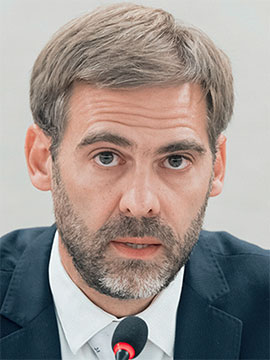








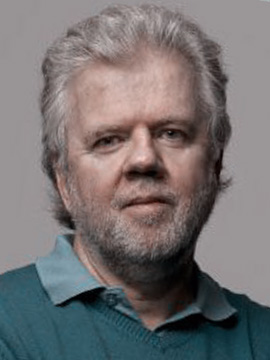
The STEERING Committee
The Steering Committee is made up of a group of organizations and networks with extensive and recognized experience in the fields of human rights and tax justice in Latin America and the Caribbean. The organizations provide expertise on issues of transparency, budget analysis, combat against illicit financial flows, development financing, and the monitoring of human rights, among other things.
The Committee exercises overall coordination of the project and carries out all operational, communications and dissemination tasks. The administrative secretariat of the project is the Center for Economic and Social Rights (CESR).
Member Organizations

